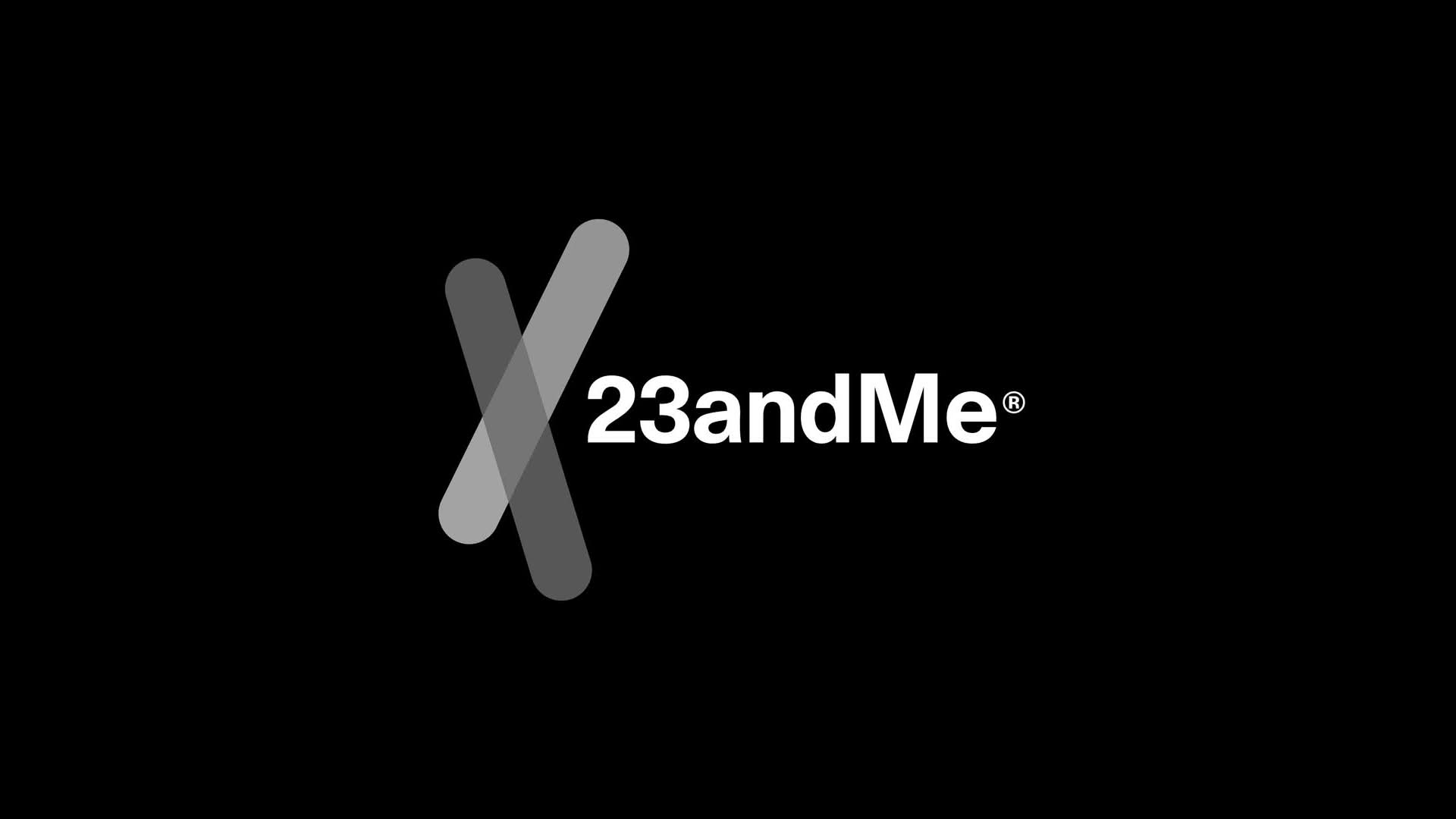and the distribution of digital products.
23andMe board of directors resign, leaving CEO ‘surprised and disappointed’

The sudden resignation of all seven 23andMe board of directors has sent shockwaves through the company.
CEO Anne Wojcicki expressed her surprise and disappointment, stating that she remains committed to taking the company private. The departure highlights a critical rift between Wojcicki and the 23andMe board of directors, who have a clear disagreement on the company’s strategic direction.
Why did 23andMe board of directors resign?23andMe, a genetic-testing company co-founded by Wojcicki in 2006, was once valued at $3.5 billion. However, since going public in 2021 through a special purpose acquisition company (SPAC), the company has faced considerable challenges, including a plummeting stock price, a net loss of $667 million in the last fiscal year, and now, a mass resignation of 23andMe board of directors.
The issues reflect broader concerns about the company’s ability to meet shareholder expectations and navigate the pressures of being a public company. The 23andMe board of directors, tasked with overseeing the company’s strategy and representing shareholder interests, played a key role in this latest development.
 CEO Wojcicki was left alone after the resignation of 23andMe board of directors (Image credit)
CEO Wojcicki was left alone after the resignation of 23andMe board of directors (Image credit)
In their letter to Wojcicki, the 23andMe board of directors explained that their resignation was due to the lack of progress in finding a fully financed, actionable proposal to take the company private.
Wojcicki had submitted a proposal in July, but the board’s special committee rejected it, as it did not offer a premium to the stock price, which was trading at 40 cents per share at the time. The independent directors believed this proposal was insufficient to protect the interests of non-affiliated shareholders, which ultimately led them to step down. This move signals a deep divide between the CEO’s vision for 23andMe and the board’s fiduciary responsibility to its shareholders.
Board’s role and voting power tensionThe 23andMe board of directors had formed a special committee in March to explore potential strategic options. However, the board members cited Wojcicki’s concentrated voting power as a significant challenge. Holding 49% of the voting shares, Wojcicki wields considerable influence over the company’s direction, making it difficult for the independent directors to push alternative strategies.
Despite the resignation of the 23andMe board of directors, Wojcicki remains steadfast in her belief that taking the company private is its best path forward. In a memo to employees, she reiterated her commitment to the mission of 23andMe and announced plans to search for new independent directors. Wojcicki argues that freeing the company from public market pressures will enable it to focus on long-term goals, particularly in healthcare and therapeutic discovery.
The departure of the 23andMe board of directors has left a governance vacuum that Wojcicki must address swiftly. The resignation raises concerns about the company’s leadership and its ability to steer through its financial struggles. New independent directors will need to bring expertise and confidence to help the company regain momentum in a highly competitive market.
 The resignation of the 23andMe board of directors represents a pivotal moment for the company (Image credit)
A flashback to 23andMe data breach scandal
The resignation of the 23andMe board of directors represents a pivotal moment for the company (Image credit)
A flashback to 23andMe data breach scandal
The resignations come amid financial difficulties for 23andMe, which reported a $667 million net loss last fiscal year. Beyond financial struggles, 23andMe faces legal challenges, including a $30 million settlement over a 2023 23andMe data breach.
The 23andMe data breach settlement, which is pending judicial approval, has raised further concerns about the company’s ability to protect sensitive customer data—an essential element of its genetic-testing business.
SPAC model under fireThe resignation of the 23andMe board of directors also casts doubt on the long-term viability of the SPAC model.
A SPAC (Special Purpose Acquisition Company) is a “blank check” company that raises money through an initial public offering (IPO) with the sole purpose of merging with a private company, effectively taking it public without going through the traditional IPO process. SPACs do not have any operations or assets at the time of their IPO; they exist only to find a company to acquire within a set time frame, typically 18-24 months.The public market pressures and the rapid decline in stock price are reminiscent of other SPAC-backed companies that have struggled after their initial surge in value. The 23andMe board of directors resigning amid these challenges highlights the risk of taking companies public without a solid path to profitability.
The search for new independent directorsMoving forward, one of Wojcicki’s primary challenges will be identifying and appointing new independent directors to the 23andMe board of directors. These new board members will be tasked with not only restoring investor confidence but also providing a fresh perspective on how to overcome the company’s ongoing challenges.
The future of the company largely depends on how successfully these new appointments can bridge the gap between Wojcicki’s vision and shareholder interests.
The resignation of the 23andMe board of directors represents a pivotal moment for the company. As Wojcicki remains committed to taking the company private, the search for new directors and the challenge of addressing shareholder concerns will define 23andMe’s future.
Whether the company can regain its footing remains to be seen, but the role of the new 23andMe board of directors will be critical in shaping the next chapter of its journey.
Featured image credit: 23andMe
- Home
- About Us
- Write For Us / Submit Content
- Advertising And Affiliates
- Feeds And Syndication
- Contact Us
- Login
- Privacy
All Rights Reserved. Copyright , Central Coast Communications, Inc.